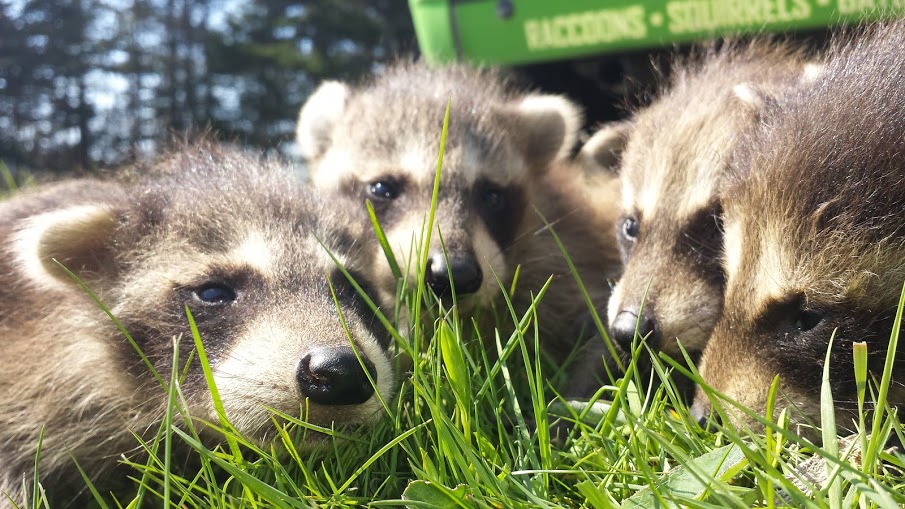With the end of winter and the approach of warm weather, many people are eagerly looking forward to planning and planting a garden. However, human beings are not the only ones excited about the change of seasons. As you plan your garden this spring, make sure you consider how to discourage invasions by hungry raccoons.
Contrary to popular belief, raccoons do not hibernate in the winter. However, they do become more active during the spring, which is also their mating season. It can be a challenge to prevent raccoons from treating your garden like a free buffet. Fortunately, there are steps you can take to keep them at bay and protect your flowers and plants.
What Attracts Raccoons To Your Garden?
The short answer is “food.” Raccoons are omnivorous, meaning that they eat both meat and plant life. They do tend to show preferences for certain types of garden crops. Corn and grapes particularly appeal to them. However, they are not very picky and will eat almost anything that they can get their little paws on. Raccoons are very clever and understand that fruits and vegetables are best to eat when they are ripe. Therefore, you should remain extra vigilant when your garden plants are almost ready for harvest.
In addition to food, raccoons are also always on the lookout for water to drink. Therefore, they may be more attracted to your garden if you have a pond or other water feature.
How Do You Know if Raccoons Have Been in Your Garden?
Apart from fruits and vegetables missing from your garden plants, perhaps the greatest tell of raccoon activity in your garden is the tracks they leave behind. Raccoons have five toes on each foot, meaning that they leave behind very distinctive paw prints. Another sign of raccoon activity is scratches on your trees and fences. As raccoons feed, they will also defecate, so you may see their droppings.
What Can You Do To Keep Raccoons Out?
Raccoons prefer to go out at night when it is dark and quiet. Therefore, you can defend your garden with lights and sound, which are strange and frightening to them. Specifically, you can install motion-activated flood lights outside your home. When the raccoons approach the garden, the flood lights will activate, and the raccoons will likely become scared and run away.
An inexpensive and effective method of raccoon control is to purchase a small battery-powered radio, turn it on at night and put it in the garden. The noise will make the raccoons uncomfortable, and they will keep away.
Capsaicin is a naturally occurring chemical in peppers that gives them their heat. It is sometimes used as a nontoxic pest repellent. You can buy capsaicin spray to use around your garden to keep raccoons out, or you can make your own by boiling fresh chili peppers or hot sauce in water.
Why Is It Important To Protect Your Home and Garden From Raccoons?
Raccoons can carry diseases such as rabies that they could transmit to your family. It is difficult to tell a diseased raccoon from a healthy one, so it is important to remove raccoons from your property only with the assistance of a professional like the technicians at Skedaddle Humane Wildlife Control.



